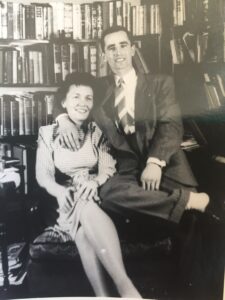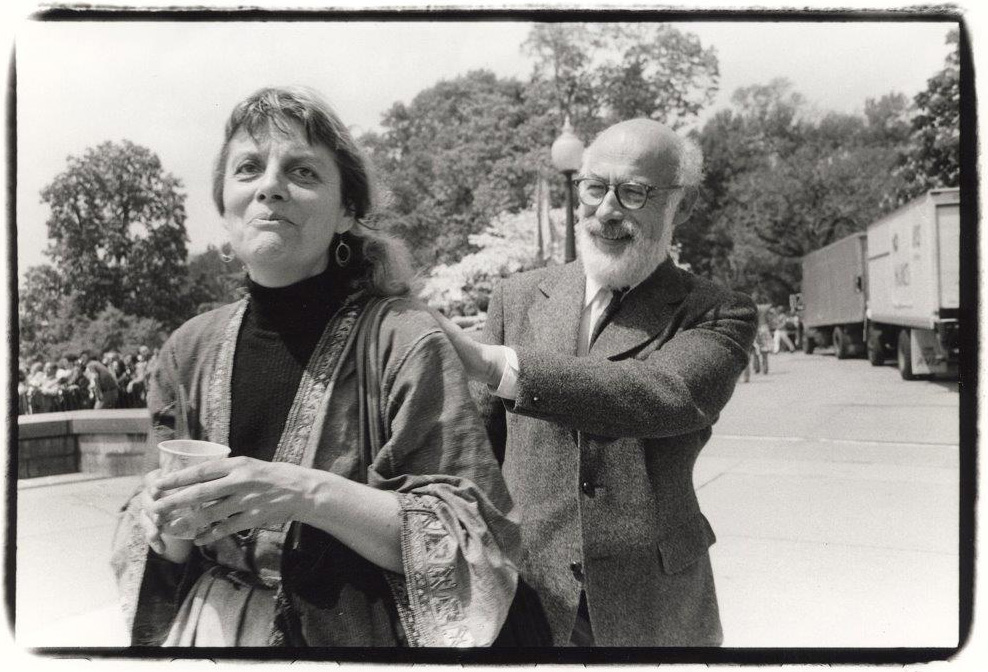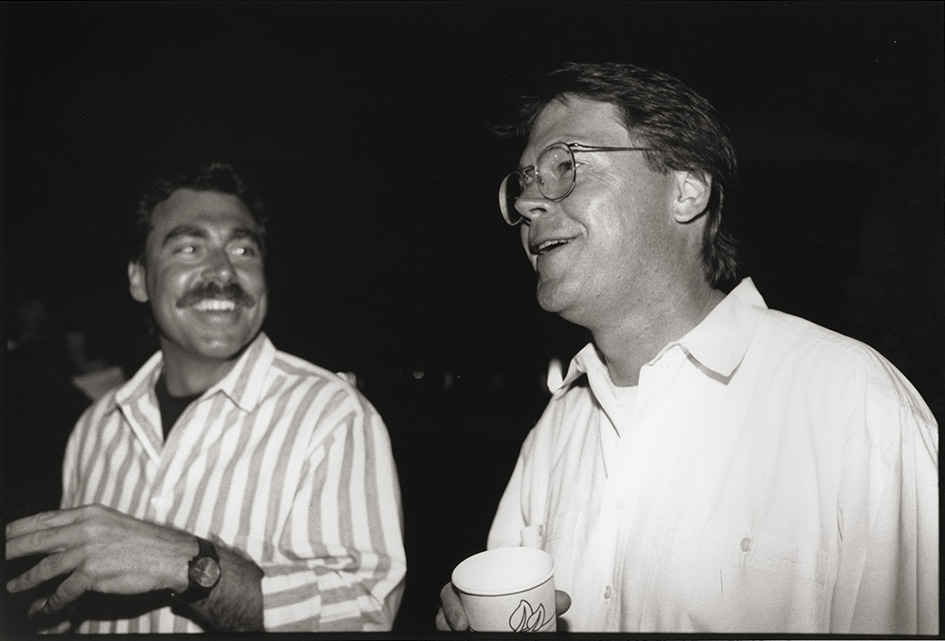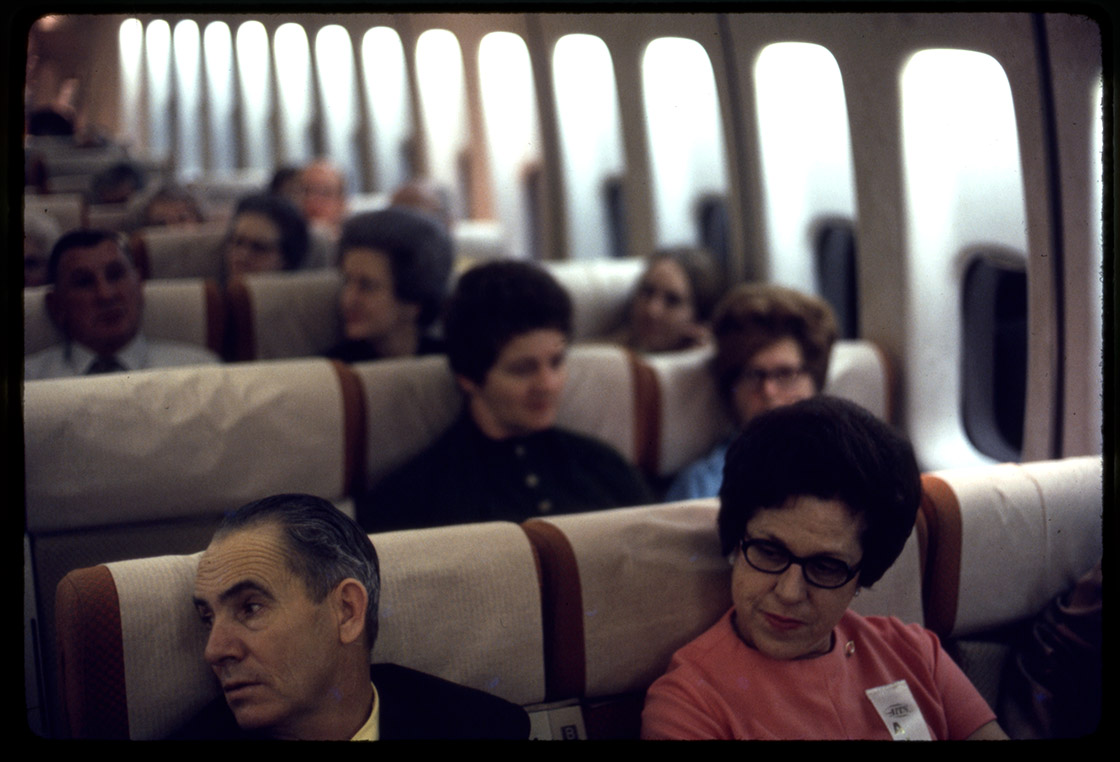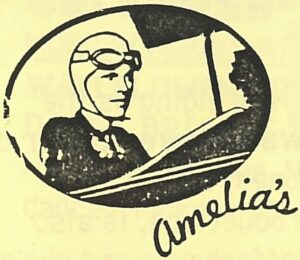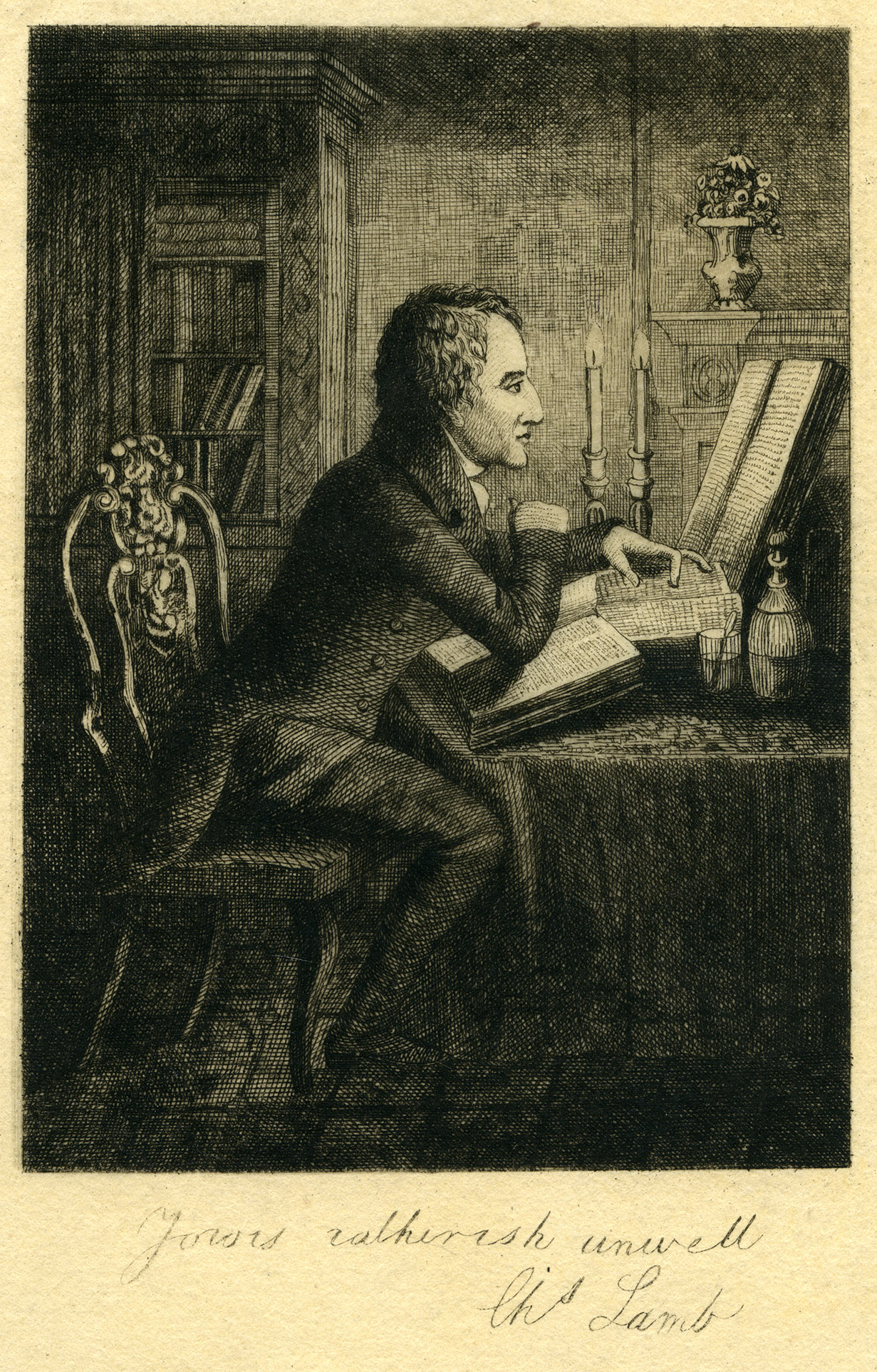Zane and Norman Kotker Papers
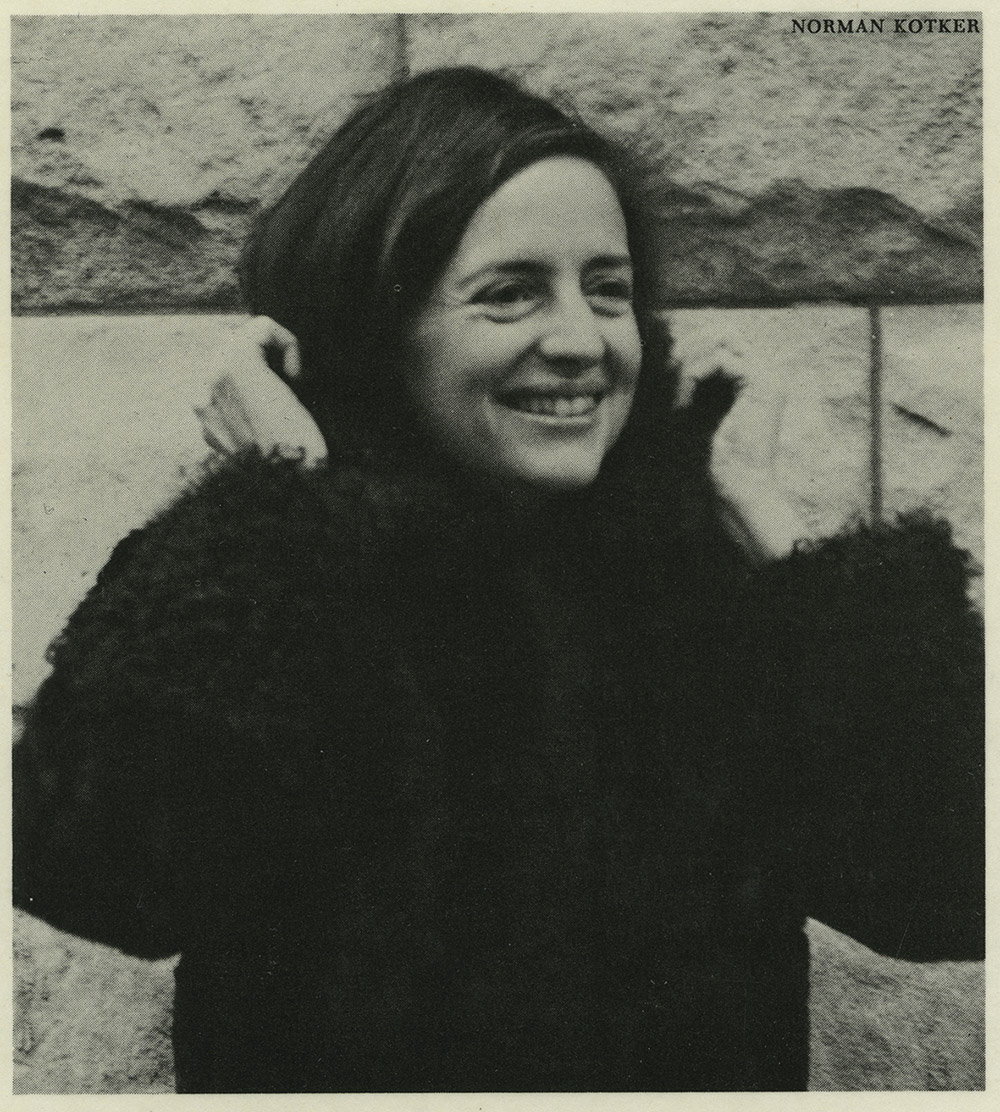
The writer Zane Kotker was born Mary Zane Hickcox in Southbury, Connecticut, in 1934. After graduating from Middlebury College (1956), Kotker led a busy life working short stints in and out of Manhattan as a secretary, researcher, writer, teacher, and editor, collaborating on the side with a friend to publish a little magazine while earning a master’s degree in history from Columbia University. In 1965, she married a fellow writer, Norman Kotker, and while raising their two children, David (born 1967) and Ariel (1969), the couple began writing in earnest. An editor at Horizon Books, Norman used his weekends to write his first book, The Holy Land in the Time of Jesus (1967), following up with two novels, Miss Rhode Island (1978) and Learning About God (1988). A stay-at-home, free-lancing mother, Zane used her “free” time for writing as well, completing her first novel by taking advantage of a babysitter on Tuesday and Friday mornings, and going on to publish five other novels, numerous short stories, and a volume of poetry. Norman Kotker died in 1999 years after first being diagnosed with multiple sclerosis. Zane Kotker continues to write and publish; her novella Goodnight Ladies was released in 2016.
The records of a highly productive literary couple, the Zane and Norman Kotker Papers contain manuscript drafts, notes, research materials, correspondence, and reviews. Reflecting both the co-operation and the competition connecting married writers, the collection offers insight issues ranging from the financial challenges of supporting the writing careers of two novelists to the challenges of a woman attempting to define herself professionally during the early 1970s and the publishing scene in New York City in the 1970s through 1990s. The collection also include materials related to the founding of the Well Spouse Association–Zane was a founding member of the organization created to provide a support system for individuals caring for chronically ill and/or disabled spouses–including her nonfiction writing published under the name Maggie Strong.


